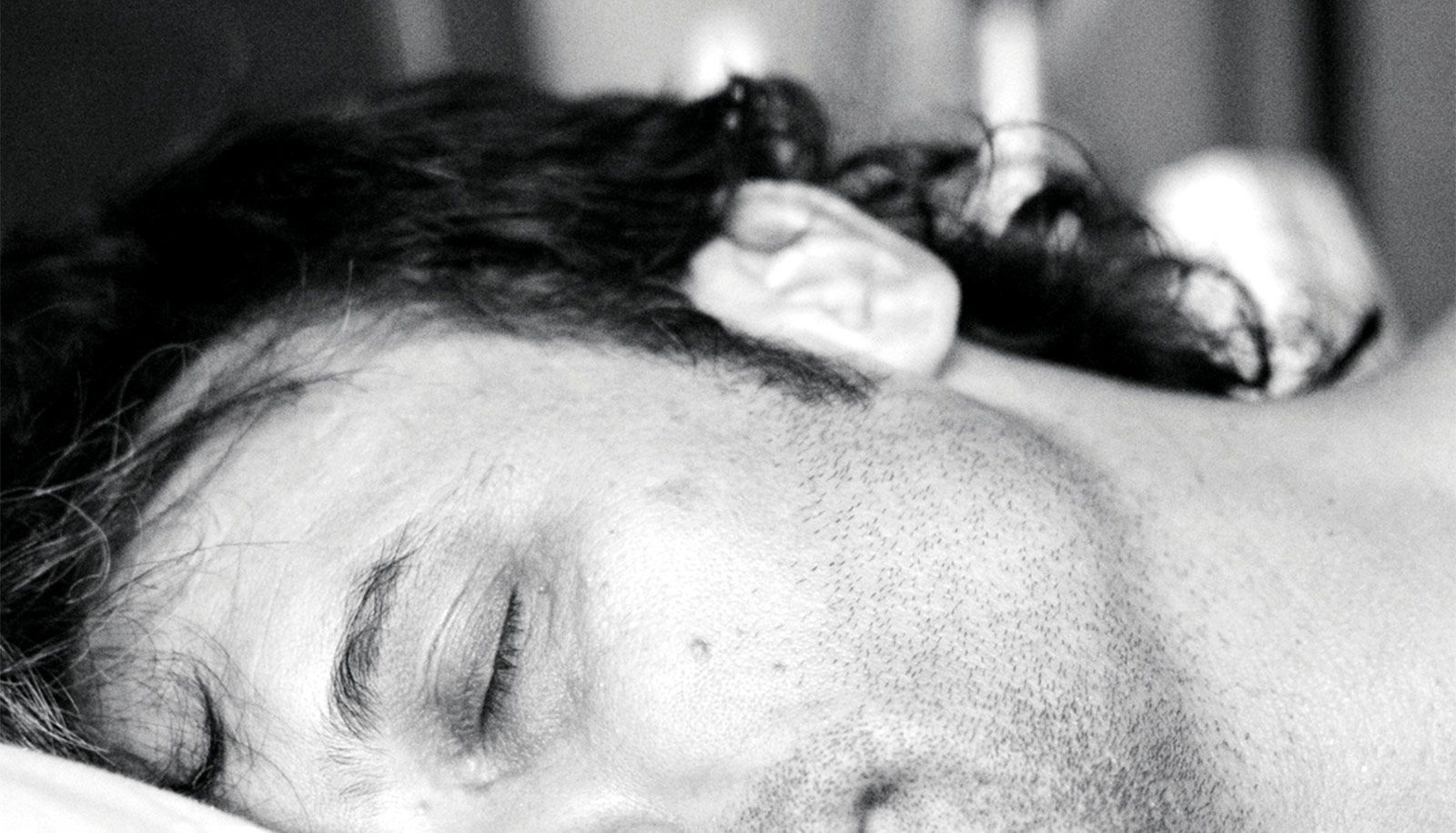Why we're obsessed with music from our youth
Memories are closely linked with music.
Kelly Jakubowski, Assistant Professor in Music Psychology, Durham University
• conversation
Feb. 11, 2021 • ~6 min
Feb. 11, 2021 • ~6 min
A button that tells your boss you're unhappy: why mental health wearables could be bad news at work
Wearables already monitor our physical health – is it time for them to track our mental health too?
Natalie Bisal, PhD Researcher, Centre for Intelligent Healthcare, Coventry University •
conversation
Feb. 8, 2021 • ~8 min
Feb. 8, 2021 • ~8 min
Do you see red like I see red?
Neuroscientists tackling the age-old question of whether perceptions of color hold from one person to the next are coming up with some interesting answers.
Danny Garside, Visiting Fellow in Sensation, Cognition & Action, National Institutes of Health •
conversation
Feb. 5, 2021 • ~8 min
Feb. 5, 2021 • ~8 min
/
42








